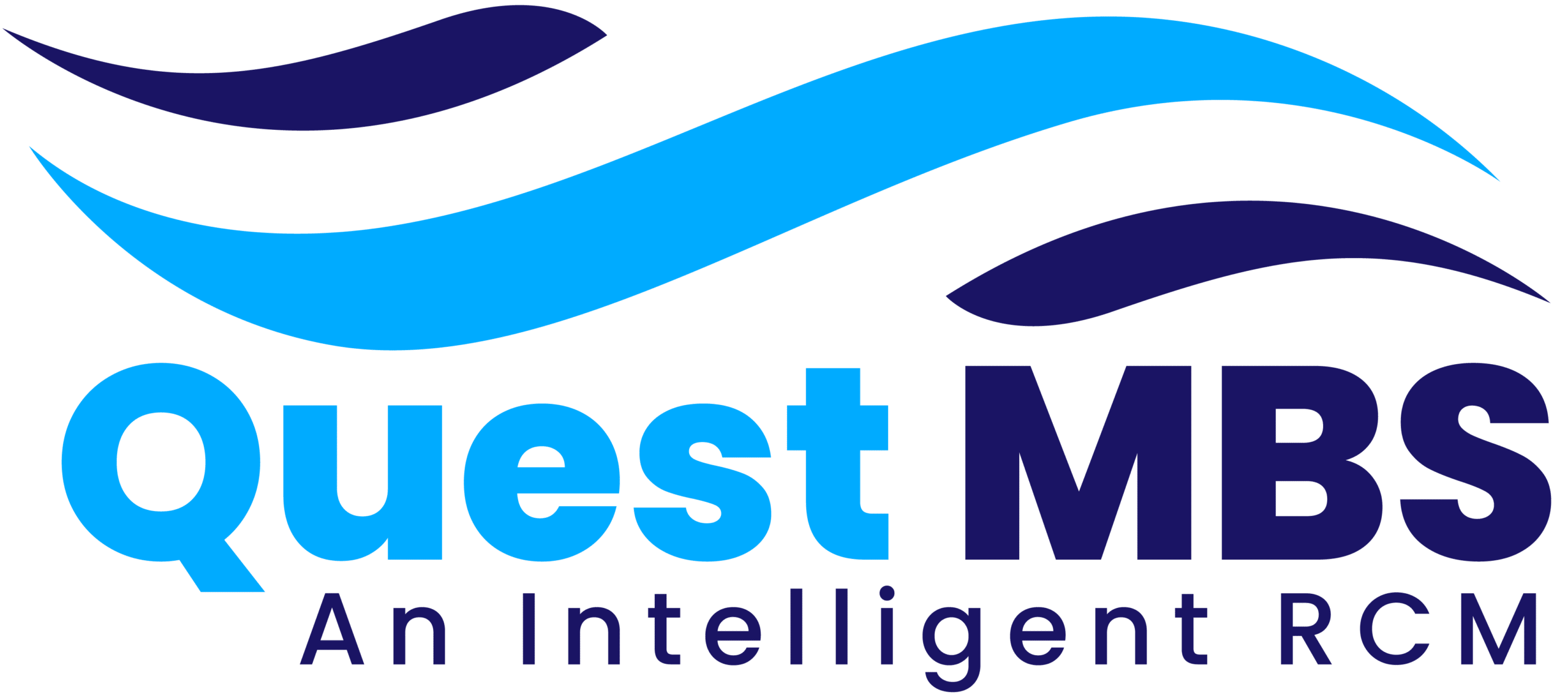Introduction: Why Medical Coding Matters
Medical coding is the backbone of the healthcare revenue cycle. It converts clinical documentation into standardized codes that insurance companies use for reimbursement. Accurate medical coding ensures timely payments while protecting against audits and claim denials. As billing regulations grow more complex, mastering medical coding is no longer optional — it is essential for every healthcare organization.
1. Understand the Latest ICD-10 Updates:
Staying updated with ICD-10 changes is crucial for coding accuracy. Each year, new codes are introduced, and outdated ones are removed. Therefore, ensure your team receives timely updates and understands how these changes affect documentation and reimbursement. To streamline this process, rely on automated coding tools that seamlessly integrate the latest ICD-10 revisions.
2. Use Technology for Code Suggestions:
Modern billing software provides real-time code suggestions based on clinical notes. This not only speeds up the process but also improves accuracy by flagging inconsistencies or missing information. Additionally, AI-driven coding assistants reduce manual errors and standardize coding across providers.
3. Prioritize Documentation Quality:
Clear and detailed clinical documentation is essential for correct code assignment. Physicians must document diagnoses, procedures, and patient encounters thoroughly. Use documentation compliance tools to audit notes and ensure that every billable service is captured.
4. Invest in Coding Accuracy Tools:
Coding accuracy tools help prevent common mistakes like upcoding, unbundling, or incorrect modifier use. These tools analyze coding trends and flag high-risk claims. As a result, your practice becomes audit-ready and builds greater trust with payers.
5. Conduct Regular Coding Audits:
Routine coding audits, whether internal or external, ensure compliance and reveal areas that need improvement. They help identify recurring errors, training needs, or outdated practices. Make audits a consistent part of your compliance strategy.
6. Train Staff on Payer-Specific Requirements:
Every payer — including Medicare, Medicaid, and commercial insurers — has unique coding guidelines. Training your team on payer-specific requirements helps reduce denials and speeds up reimbursement.
7. Use Specialty-Specific Coding Resources:
Different medical specialties face different coding challenges. Whether you’re in cardiology, orthopedics, or behavioral health, use coding platforms tailored to your specialty. These tools offer relevant code libraries and scenario-based suggestions.
8. Leverage Integrated EHR and Billing Systems:
An integrated EHR and billing system makes coding faster and more accurate. Clinical notes can automatically transfer into the coding interface. Plus, mismatches between documentation and assigned codes are flagged instantly.
9. Pay Attention to Modifiers:
Modifiers add clarity to submitted claims by explaining special circumstances. However, incorrect modifier usage is a common cause of denials. Use real-time editing features in your coding software to verify modifier accuracy before submission.
10. Avoid Upcoding and Downcoding:
Upcoding and downcoding both create compliance and revenue risks. Always base coding on actual documentation — not assumptions. Validation tools can help flag mismatched or inappropriate codes before claims are submitted.
11. Standardize Coding Guidelines Across Your Team:
Consistency is key to error-free billing. Develop internal coding guidelines and ensure every coder and provider follows them. Standardization improves fairness, accuracy, and regulatory compliance.
12. Automate Claim Scrubbing Before Submission:
Claim scrubbing tools review claims for common issues such as invalid codes or mismatched diagnoses. This increases first-pass acceptance rates and reduces rework or rejections.
13. Collaborate With Clinicians:
Coders and clinicians should work together regularly. Coding feedback sessions help ensure the clinical story is reflected correctly in billing codes. Better communication leads to better documentation — and better reimbursement.
14. Stay Ahead With Continued Education:
Medical coding constantly evolves. Encourage your staff to pursue certifications, attend webinars, and join training programs. Ongoing education keeps your team competitive, compliant, and audit-ready.







